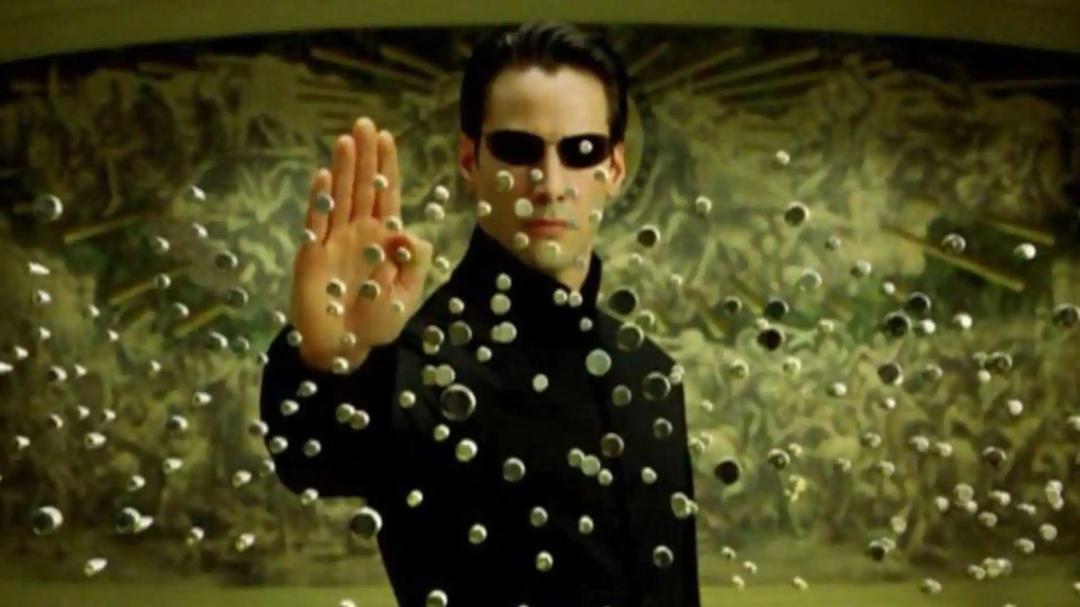
Physicists prove universe isn’t a computer simulation like in ‘The Matrix’
The idea that our universe is a computer simulation, popularized by the iconic science fiction movie “The Matrix,” has been a topic of debate among physicists and philosophers for years. However, a recent study by physicists from the University of British Columbia Okanagan (UBCO) has mathematically proven that this concept is nothing more than a fascinating myth. According to a press release, the researchers have demonstrated that the universe is not a computer simulation, but rather, it is built on “a type of understanding that exists beyond the reach of any algorithm.”
The notion of a simulated reality, where our universe is a complex computer program created by a more advanced civilization, has been a staple of science fiction for decades. The idea is that if a civilization were to become advanced enough, they could potentially create a realistic simulation of reality, complete with its own laws of physics and conscious beings. However, the UBCO physicists have shown that this concept is fundamentally flawed.
The study’s co-author stated, “Fundamental laws of physics cannot be contained within space and time, because they generate them.” This statement highlights the key issue with the simulated reality concept: the laws of physics that govern our universe are not confined to the universe itself, but rather, they are the underlying framework that gives rise to space and time.
In other words, the laws of physics are not a product of the universe, but rather, they are the underlying code that creates the universe. This means that any attempt to simulate reality would require a complete understanding of these laws, which is beyond the capabilities of any algorithm or computer program.
The researchers’ findings have significant implications for our understanding of the nature of reality. If the universe is not a computer simulation, then what is its underlying structure? The UBCO physicists suggest that the universe is built on a type of understanding that exists beyond the reach of any algorithm. This understanding is not something that can be programmed or simulated, but rather, it is a fundamental aspect of the universe itself.
This idea is both fascinating and unsettling, as it challenges our current understanding of the universe and its workings. It suggests that there are aspects of reality that are beyond our comprehension, and that our attempts to simulate or model the universe will always be incomplete.
The study’s findings also have implications for the field of artificial intelligence. If the universe is not a computer simulation, then it is unlikely that we will ever be able to create a truly realistic simulation of reality. This means that our current efforts to develop advanced AI systems may be misguided, and that we need to rethink our approach to creating intelligent machines.
In conclusion, the UBCO physicists have mathematically proven that the universe is not a computer simulation like in “The Matrix.” Instead, it is built on a type of understanding that exists beyond the reach of any algorithm. This finding has significant implications for our understanding of the nature of reality and the limits of artificial intelligence. As we continue to explore the mysteries of the universe, we may uncover even more surprising and counterintuitive truths about the nature of reality itself.
For more information on this study, please visit: https://news.ok.ubc.ca/2025/10/30/ubco-study-debunks-the-idea-that-the-universe-is-a-computer-simulation/






